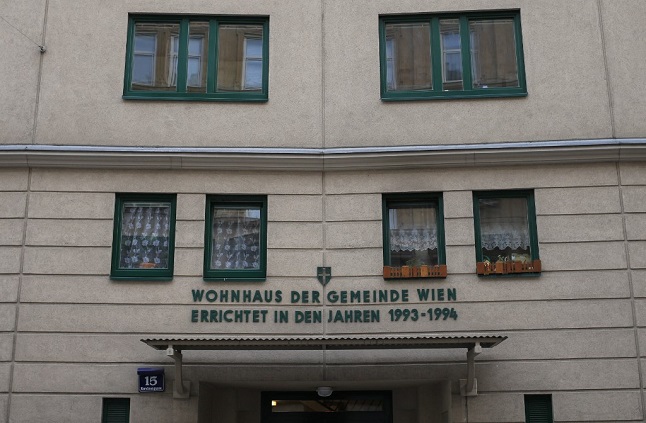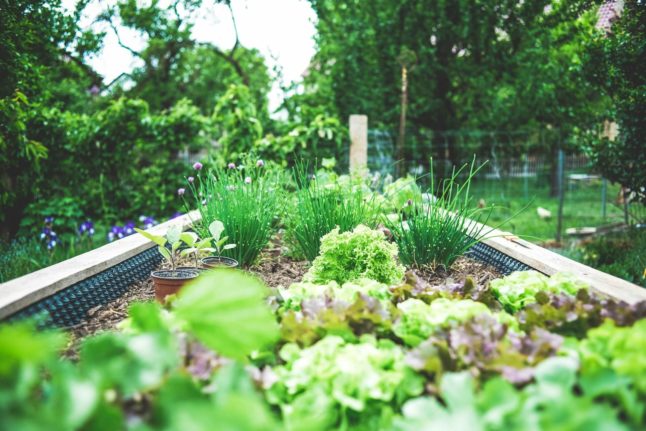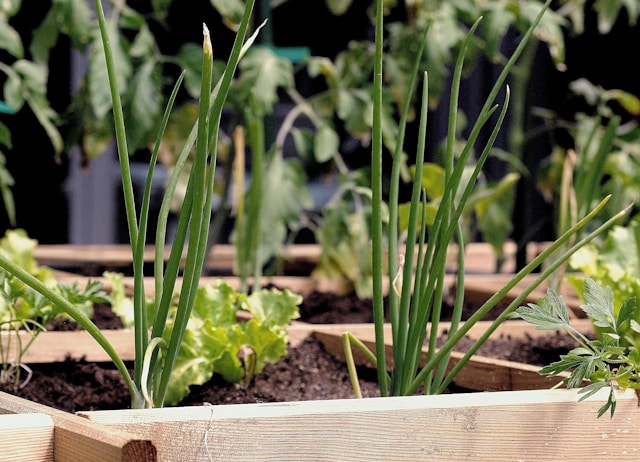The tourism rental platform promised to remove social housing, called Gemeindebau in Austria, from its site, but also announced five new measures to support the city.
“Airbnb shares the goal of the City of Vienna to protect living space – especially in municipal housing – and is therefore removing listings in municipal housing from the platform as part of a voluntary initiative,” the company said in a statement.
In fact, Wiener Wohnen — Europe’s largest property manager, an organisation owned by the city which operates nearly a quarter of a million apartment rentals — already forbade its tenants from subletting via Airbnb, but not all tenants have obeyed the rule. Airbnb had previously requested that the city report individual listings, rather than block specific addresses from using its platform.
A recent ruling from Vienna’s Commercial Court confirmed that city-owned apartments could not be rented on platforms like Airbnb.
- READ ALSO: How to navigate the Austrian rental market
Now, Airbnb has agreed to remove the apartments, and only to allow listings at the specified addresses if the lister specifies that it is not a municipal-owned apartment.
It has also granted Viennese authorities access to Airbnb to help ensure the rules are followed, and has committed to remind Austrian users regularly of the rules and to remove any listings that violate them.
Its other measures to support responsible tourism in Austria include a digital registration for hosts, as exists already in countries including France, the Netherlands and Spain, as well as publishing figures on Airbnb’s usage in Austria and continuing to share tax data with the Finance Ministry.
The company also announced the launch of a telephone hotline where neighbours can reported suspected illicit rentals, as well as other issues like loud parties in a rental, directly.
Vienna Housing Councillor Kathrin Gaál said she welcomed the measures, but told Der Standard she would be waiting to see if they were matched with “consistent action” to prevent social housing being subletted.
Vienna’s system of social housing and low rental prices have attracted an international reputation, but like many other cities, it has had difficulties with over-tourism. In 2016, the city amended its Tourism Promotion Act to force people to pay taxes on income from short-term sub-lets even if these were only occasional and therefore not considered a business.




 Please whitelist us to continue reading.
Please whitelist us to continue reading.
Member comments